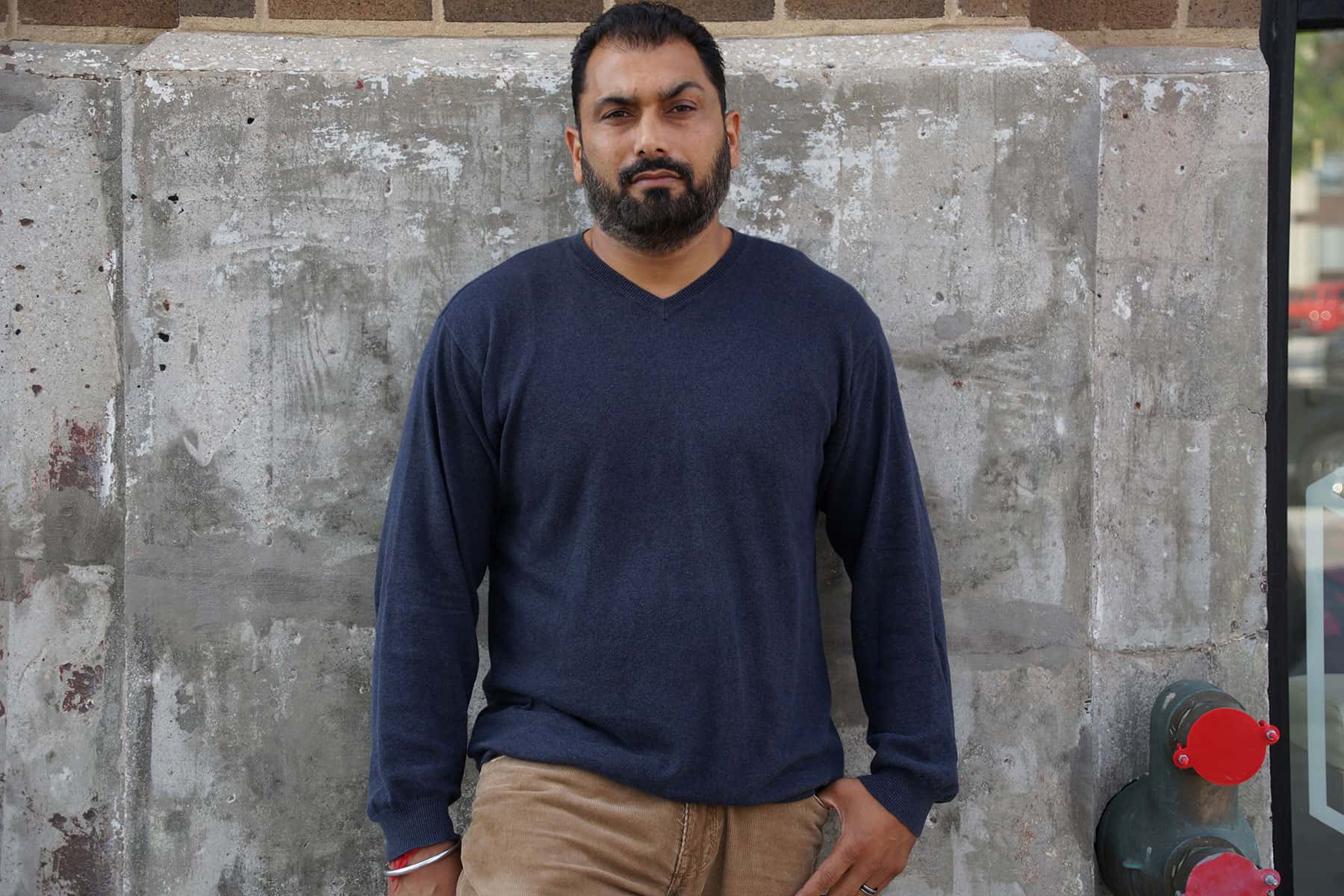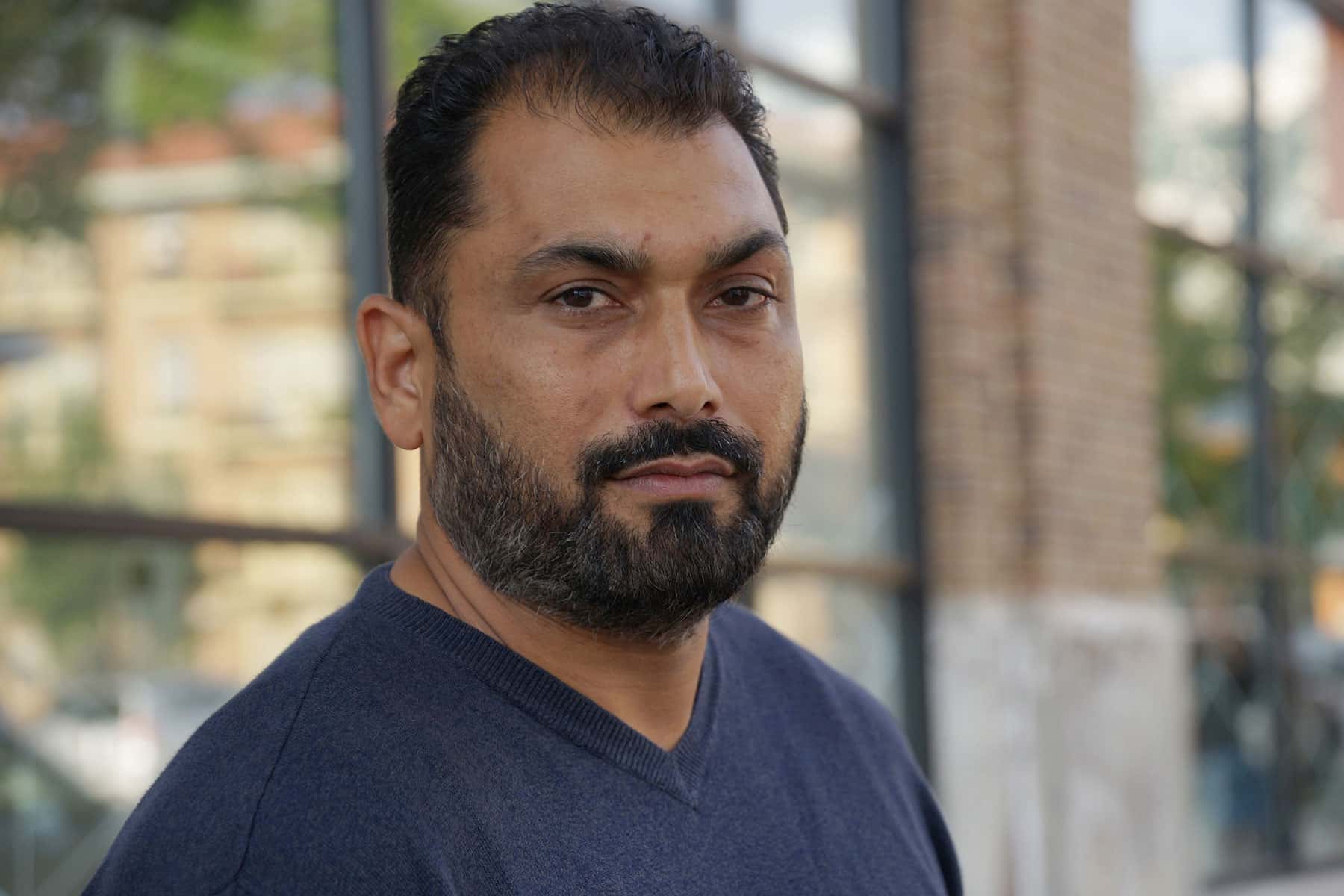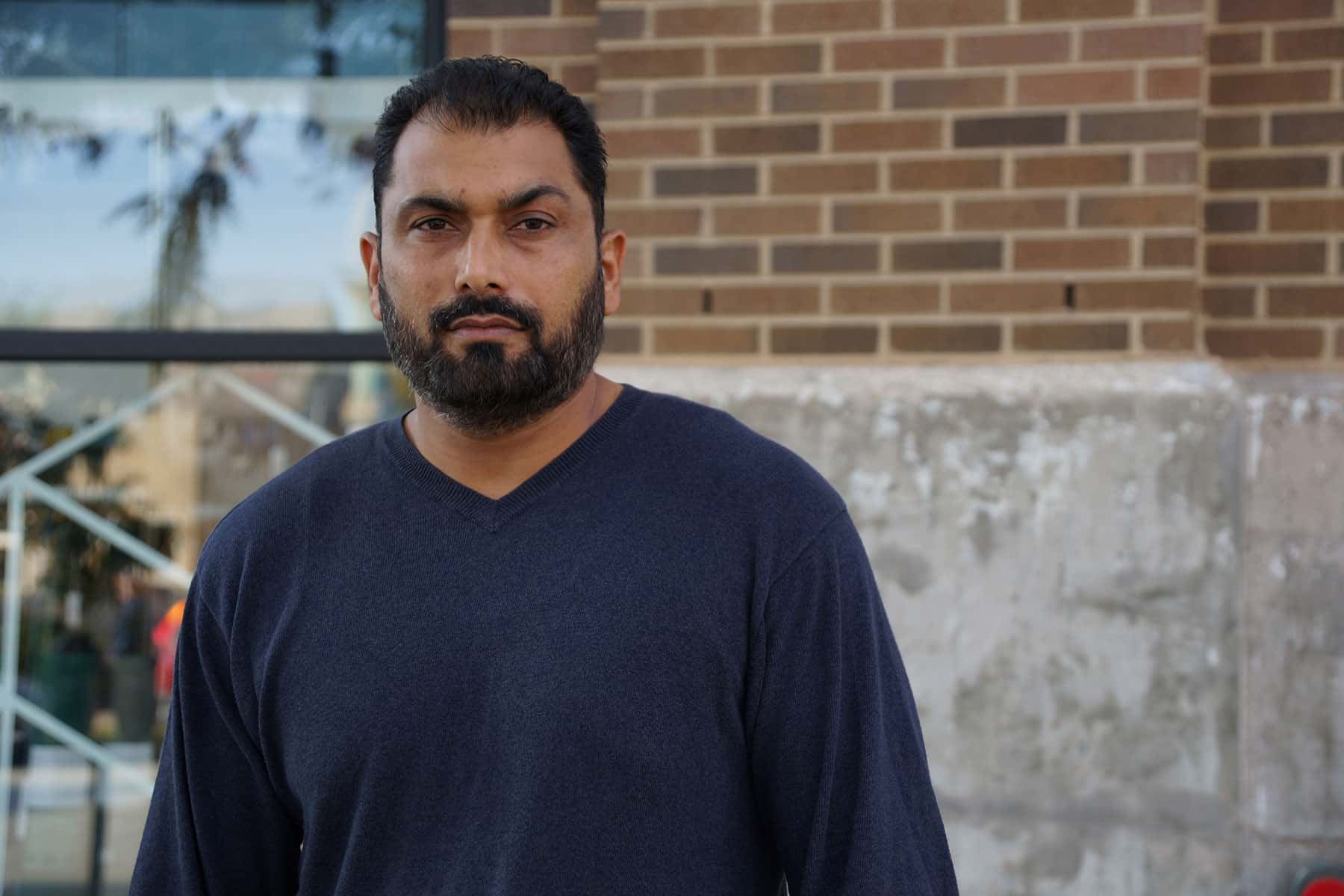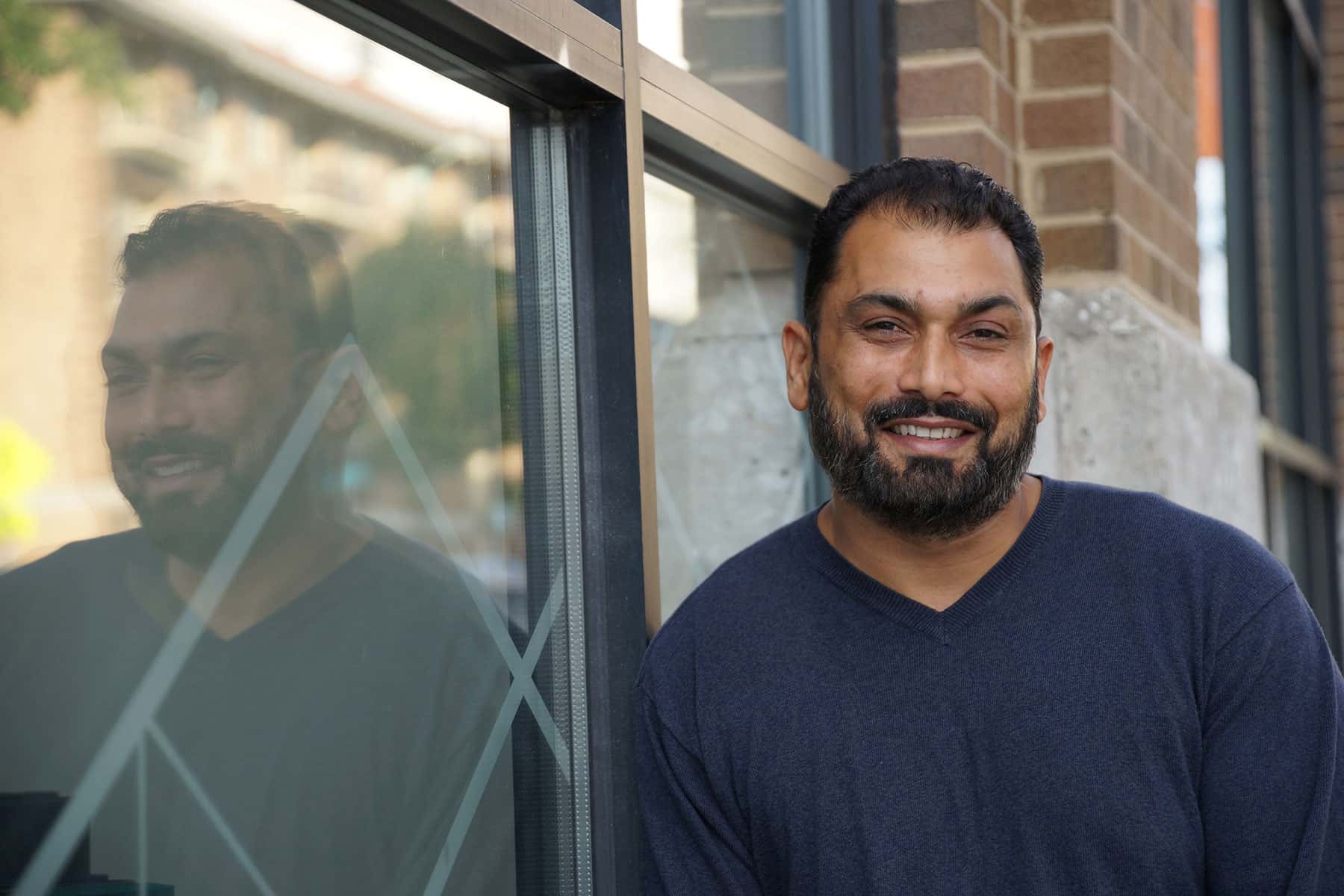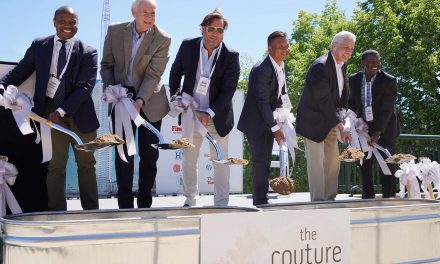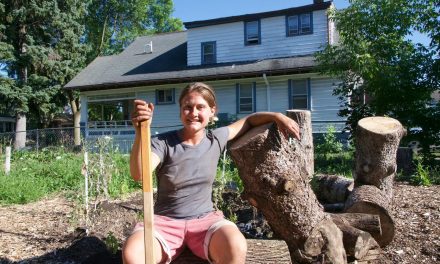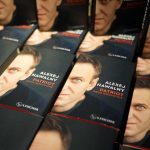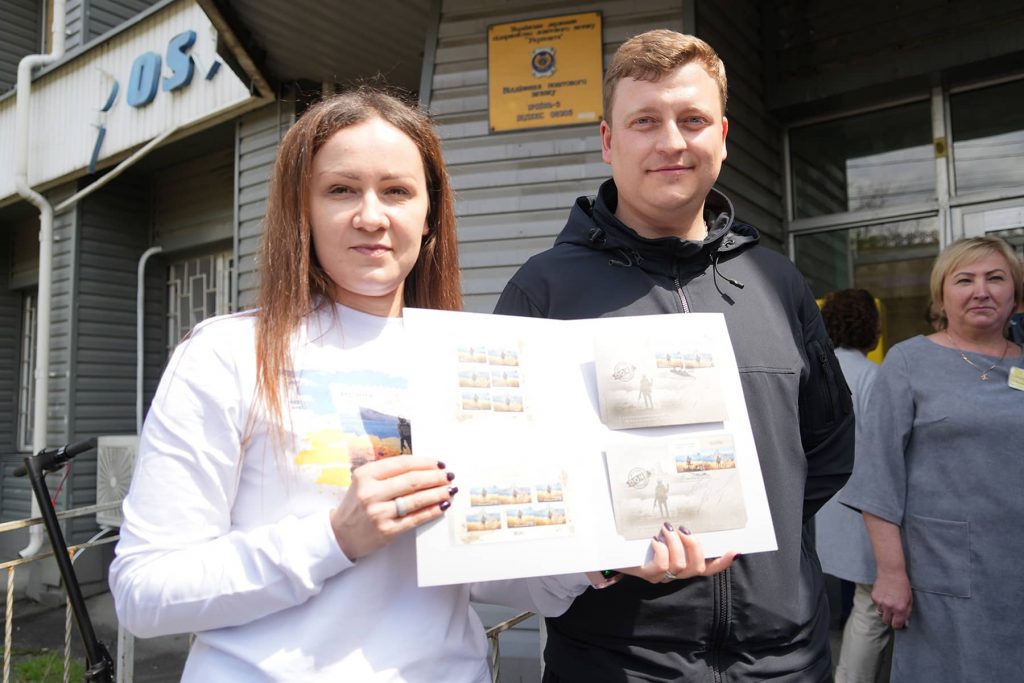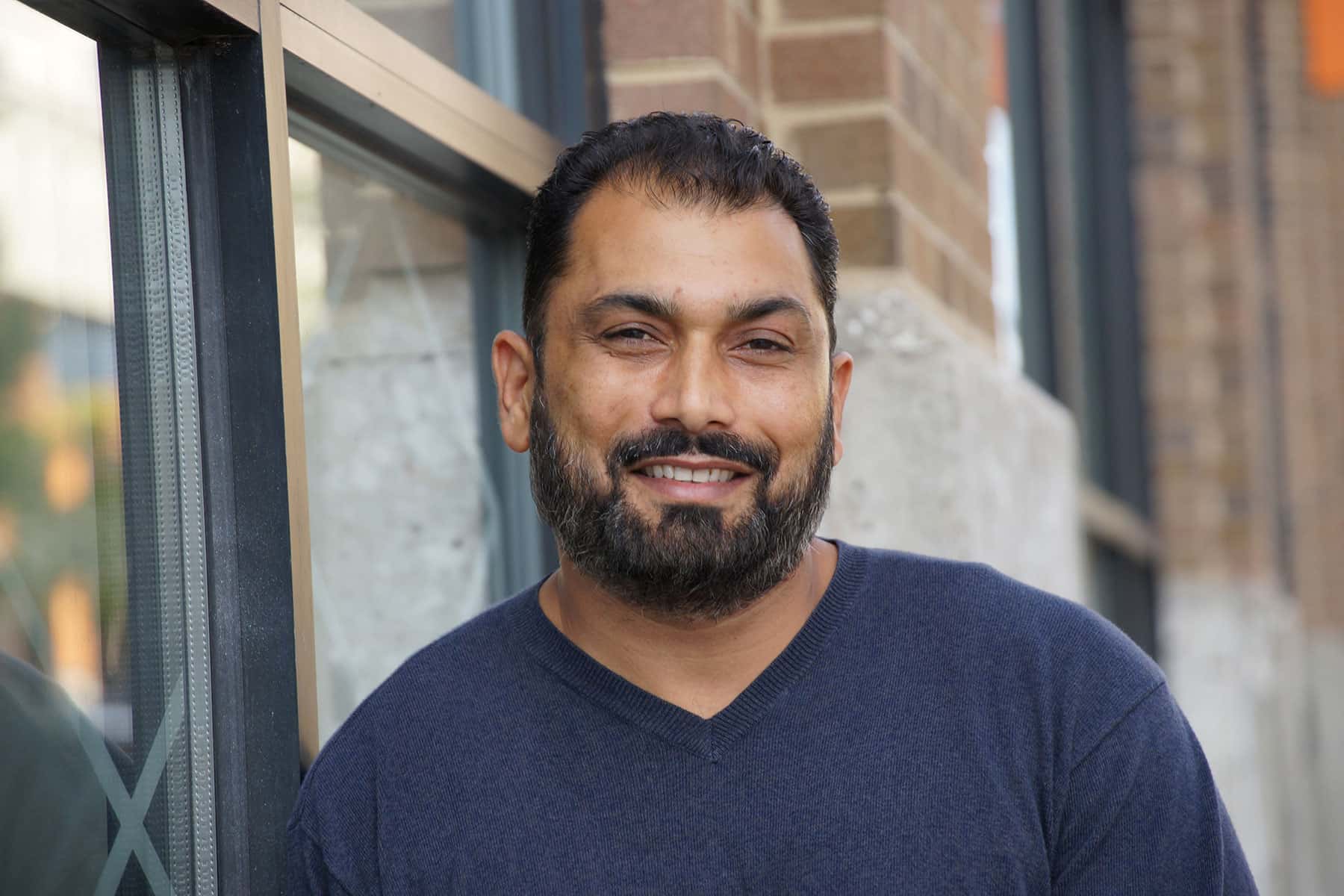
“Forgiveness is your power to take power back. It’s your ability to say, ‘I want to grow from this.’ And forgiveness is the ultimate vengeance. There’s nothing more vengeful you can do than forgive someone like Wade Page. If you start to self-destruct and lash out, then he’s accomplished what he wanted to accomplish.” – Pardeep Kaleka
In the wake of the shooting of his father by white supremacist Wade Page at the Sikh Temple of Wisconsin in Oak Creek on August 5, 2012, Pardeep Kaleka did not give into hate and rage. Instead, he sought to forgive and understand the man who kіIIed his father and five others on that fateful summer day.
To understand his father’s ʍυrdеrer, Kaleka reached out to former white supremist Arno Michalis. Along with others from the Sikh community, Kaleka and Michaelis formed the organization Serve 2 Unite, a non-profit organization that transforms Milwaukee youth into peacemakers.
Service was a part of Kaleka’s life long before the shooting. After graduating from Marquette University, he was a police officer for five years in one of the most crime-ridden districts in the country. He later became a high school teacher in the same district. Kaleka believes that the key aspect of changing poisonous ideologies starts with an education that is focused on solving real issues.
“Revolution needs to start from your mind and your consciousness,” said Kaleka. “Part of that is being solution-oriented when others are problem-centered.”
Kaleka continues with a misison of service today, through his work as a trauma-informed clinician with Serve2Unite. The Milwaukee Independent sat down to ask Kaleka about his journey from police officer to founding Serve2Unite.
Q&A with Pardeep Kaleka
SERVING ON THE FORCE
Milwaukee Independent: What inspired you to become a police officer?
Pardeep Kaleka: I always wanted to do something for my community. Most police officers that I know generally get into it because they’re passionate about the community like I am. They want to do good. They want to protect the victims and catch the bad guys. I had that same idealistic lens when I went into policing. Growing up in Milwaukee, I always felt this tug to give back to the city.
Milwaukee Independent: Were you able to retain this idealism as you served on the Police Force?
Pardeep Kaleka: I think so, but to be honest there was a little bit of both idealism and cynicism by the end. You can keep your own identity, but policing changes you no matter who you are. Any job where you’re dealing with people on a day-to-day basis, teaching, social work, etc., it changes you. We’re human and that’s what happens. And that was part of my time and why I wanted to leave policing. I knew it was having an effect on me, an effect I didn’t like, and I couldn’t see myself doing it for the next 25 years until I retired.
Milwaukee Independent: How did the experience of working in law enforcement change you?
Pardeep Kaleka: When you respond to 911 distress calls, you can’t forget what you just saw. We saw children abused, women abused, dеаth. And that’s not on a once-in-a-while basis. It’s a constant reinforcement of violence. It truly changes who you are. You can come into policing for the best reasons possible, but you have to understand that what you see cannot be unseen. It changed me at the time from being very idealistic and hopeful to being very pessimistic, cynical. and hyper-vigilant. This often happens. You always want to be on the offensive rather than being on the defensive. It’s survival. It becomes more of a survival mentality than a community service approach.
Milwaukee Independent: Did you feel yourself becoming desensitized to violence?
Pardeep Kaleka: Yes, I did. That’s what happens – you don’t care as much, because you’re seeing it all the time. If you care all the time, you’ll burn out faster than anyone else. Part of that is desensitization and part of that is also going home to a loving wife and a loving family. When you come back, you come back fresh. But oftentimes, police officers are going home to very traumatic circumstances. There are very high divorce rates, suicide rates, and rates of domestic violence among police officers. Many people get into the helping professions to help others, but also to deal with stuff they’ve gone through and haven’t been processed yet.
TRANSITIONING TO TEACHING
Milwaukee Independent: Why did you decide to move from the police to teaching high school social studies?
Pardeep Kaleka: Oftentimes as police officers, we responded to clean up messes. But to be more effective, I wanted to be on the preventative side of things. I thought, ‘how do we keep kids from getting into this? How do we keep families intact?’ Teaching seemed to be an effective preventative profession, so I went back to school and got re-certified. I ended up teaching in the same area I used to police.
Teaching changed me too. As a police officer, you have your gun on you all of the time. You’re always approaching circumstances from the offensive lens. You think of every possible scenario. If I go into a gas station and it’s getting robbed, I think ‘what’s a safe tactical position to be in?’ You’re always in that mode. But then I started to noticed that I’m not carrying my weapon as much. As a teacher I put it in my car.
AUGUST 5, 2012
Milwaukee Independent: How did you decide to try understanding Wade Page instead of vilifying him?
Pardeep Kaleka: There are many reasons. Part of it is that it’s in my nature to try to understand things. Growing up in India, we tried to understand things for what they are. However, America has been for a long time a very judgement-based cultures. Things are good or evil and there’s no in between. It was important not only for me, but for us in the Sikh community all to be able to say, ‘let’s understand what the motivation was.’ This is not to say that we didn’t vilify him at all. Sometimes people think that your motivation to understand the shooter in this is you saying that it wasn’t good or bad. Obviously the action was bad. Six people are dеаd. There was a police officer who was shot fifteen times. There are two other people who died. There’s someone who is still currently in a vegetative state. But if we start to say that the person is bad, we vilify it to the point that we become dysfunctional and never do anything about it. We knew a lot of that early on. I also think it’s in the Sikh culture to be mindful of eliminating good and bad, and separating the act from the actor.
Sikhism is a relatively new religion, it’s only 500 years old. It’s been oppressed for the longest time. Even right now you see pockets of Punjab in Pakistan that are engaged in conflict. Sikhism is almost a culture that takes pride in being oppressed, if that makes sense. The oppression for us is motivating. I think that’s where August 5 came in. The shooter tried to come and create a hateful environment. And if we had given in to that hate, he would have won.
So we wanted to understand that white supremacist ideology that had kіIIed six people. This ideology goes back a long, long time in this country. In the 1800s and 1900s, when lynching was huge in this country, there was lynching and castration, there was lynching and humiliation. This was done with a sense of ‘we need to remain in power, so basically we’ll show you our might and we’ll show you how strong we are.’ Somethings change and somethings stay the same. Today we’re dealing with segregation in Milwaukee that is rivaling the 1960s. At the same time, we need to address what the root cause of white supremacy is.
To return to August 5, there needed to be deliberate action right after it happened. I remembered reporters coming right after and setting up at our yard and our house, and oftentimes we would be putting on a brave face for the world. After a while, the more that you faked, the more you started to own it, and then we started gaining traction. People were starting to know who we are. We were no longer this “other.” Sikhism is the fifth largest religion in the world and there are more Sikhs than there are Jews. For us, in the media spotlight after the shooting, we knew we only had a couple of opportunities. So I wasn’t just representing me, I was representing a whole demographic, not only the Sikh demographic, but the Hmong demographic, the Pakistani demographic, the Middle-Eastern demographic. These people are sometimes invisible in Milwaukee, because there is so much tension between the white and black populace.
Milwaukee Independent: What inspired you to reach out to former white supremacist Arno Michaelis after the shooting?
Pardeep Kaleka: For a while we just had to put on our brave faces to the world, but we didn’t have any answers. We knew the where and how, but the most important questions survivors want to know is the why. Part of my reason for reaching out to Arno was to figure out the why. And the only person who would know the why of this was someone who used to be involved in white supremacy. When I first met Arno, he was an open book. He was transparent. He was accountable. When I first met him, there were a lot of emotions going on within me. But we made sense of it as we went.
After the media went away and after the news stop reporting on it, it’s was time to start to get back to reality. And the reality is my Dad is dеаd. A mother is dеаd. A brother is dеаd. These people are dеаd and they’re not coming back. People’s lives changed, so they have to put those lives back together again. There was a whole slew of reasons for why I reached out to Arno but part of it was to try to put these lives back together again.
Milwaukee Independent: In seeking understanding and forgiveness, did others in the community feel the same way?
Pardeep Kaleka: The simple answer is no. A lot of people felt that forgiveness wasn’t the way because of a simple interpretation of what forgiveness means. To some people, forgiveness means forgetting and moving on. For me it has a different meaning. Forgiveness is your power to take power back. It’s your ability to say, ‘I want to grow from this.’ And forgiveness is the ultimate vengeance. There’s nothing more vengeful you can do than forgive someone like Wade Page. If you start to self-destruct and lash out, then he’s accomplished what he wanted to accomplish. That’s destabilization 101. To forgive is not that we forgive the act, but we’re not going to attach you to the attack. You don’t get credit for this. What gets credit for this is the ideology that has existed for hundreds of years. What we’re going to do is attack that ideology. We’ll take that and put it on its back. That’s forgiveness, one by one by one by one, forming those connections.
But I did understand where they were coming from. My dad was 65 years old. He had lived a long life, a successful life. He had built a congregation of over a thousand, and had accomplished a lot of his goals. But a lot of the people who died didn’t have a chance to accomplish their goals. They had very young children and they left a lot of unfinished business. So for me to be able to say that I exist the way I exist because of my circumstances, they exist the way they exist because of their circumstances. By all means, be enraged. But be purposeful in your rage.
Milwaukee Independent: What did you think about the media coverage after the shooting?
Pardeep Kaleka: There was this idea of comparative justice. If this person had been a Muslim and the people inside Christian, would the media have covered it more? Would the police have been there faster? Would more lives have been saved? People bled out before the police even got there.
With the media coverage, we had to call and tell them what happened. There was a lot of media coverage that wasn’t there. There were a lot of national news that wasn’t there, until they started to see our response. It was up to us to be able to take this event and say, ‘you need to be able to know who we are.’ You need to understand how we fit into this American culture. Are we stitched in or are we not? Having a deliberate message became a huge part of how we interacted with the media.
My mom was in extreme morning, and I went to my mom and had to asked her to address the media, because she was the only person that could as the widow of my father. With my father being the temple president, she could have the respect to do this. That’s the power of media. You can amplify a voice, it just depends on what voice you are amplifying.
FORMING SERVE 2 UNITE
Milwaukee Independent: What was behind your idea to create Serve 2 Unite?
Pardeep Kaleka: I started Serve 2 Unite to encourage our community to stop being so self-segregating. I saw that we were all into our bubble and we liked to hang out with people who spoke the same language, believed the same thing, ate the same food, just like any other culture. Shortly after meeting Arno, I knew we were going to work together to do what we did, because me and him were on one wavelength. The language of separatism is a very subtle language. It exists without people understanding that it exists. Sometimes it can look like pride, sometimes like superiority. It looks different in different circumstances. But the language of separatism does exist. So the inspiration for Serve 2 Unite was to encourage people to basically see ourselves in the other person. Let’s see their humanity.
Milwaukee Independent: How does your teaching background connect to what you’re doing now at Serve 2 Unite?
Pardeep Kaleka: I think a lot of the time when I was teaching I was doing what I’m doing now with Serve 2 Unite, facilitating and engaging discussion. We often talk about trauma, not only among police officers but among the communities. What we’re dealing with right now is a city that’s traumatized. The people of the city have the classic trauma responses. The same thing I was going through as a police officer is the same thing the community is going through. As a teacher, even though I didn’t understand exactly how it worked, I understood trauma was there. Over the summer MPS actually engaged educators in trauma-informed educational approaches. As a teacher, I understood these kids not to be good or bad but they were a byproduct of what they’ve been through. To be really effective as an educator, I needed to connect. As a counselor, which is what I do now, the rapport is the communication you have with the person next to you. A lot of the time trauma can only really be addressed by making meaning of it and creating a purpose going forward. As an educator, I was already doing it without understanding it, and now it’s just more deliberate. Having students address the trauma is a big part of Serve 2 Unite. To do this we engage in global engagement, service learning, and building identity through creating works of art.
Milwaukee Independent: What has been the most rewarding part of working with Serve 2 Unite?
Pardeep Kaleka: I think the most rewarding part of it has been the meaning that’s come out of it. I have four kids now. One of my daughters is 10 going on 25. I have three boys, but they’re a little younger. As a father, you can do no greater thing than instill a sense of purpose in your kids. That’s what we want to do as parents, as mothers and fathers. That day, 6 people died, instilling a purpose in the Sikh nation. And I hope it’s not just the Sikh nation but everyone. We have to rethink how we do everything, and after we’re done thinking, let’s act on it. In understanding trauma and hurt, I think there’s a divine purpose behind the things that happen. It’s whether you see it or not. In a way, Serve 2 Unite is God’s will.
Milwaukee Independent: Why did you decide to become a clinician after being an educator?
Pardeep Kaleka: The motive was to be able to understand things from the trauma-informed lens. We just got back from a deradicalization conference in Denmark. That’s another thing we do at Serve 2 Unite. We work with youths and adults to deradicalize and get them out of movements, whether that be an Islamic movement or a far-right movement. If you don’t understand them from a clinical, trauma-informed lens, you really can’t be effective at deradicalization. If we see this person being radicalized, like jihadist or a far-right movement, we ask, ‘what was done before all of that happened?’ Did that person come from a trauma-induced household? Was there violence?
Wade Page, who was the shooter at the temple, came from a traumatic environment. When he was trying to identify his role as a person, he was engaged in a hyper-masculine stance of what a man should be. We have to understand even that has an effect on boys as they’re growing up. Sometimes a boy is striving to be a man and they feel like if they’re not manly enough, they have to prove themselves. And that’s exactly what Wade Page was doing. He joined up the military, he went off to war, he was dishonorably discharged because he had a problem with alcoholism. That he had a problem with alcoholism lets you know there’s something else going on. Discharged, he comes back here. In 2001 he moves out to Colorado. That same year Columbine happens, which he witnesses from his own house. And then he becomes radicalized in the far-right movement. And the cycle just keeps going on and on and on until August 5 happens. Red flags were going off everywhere, but at the same time they went unaddressed.
Milwaukee Independent: What has been your most transformative speaking engagement?
Pardeep Kaleka: What comes to mind is a kid that came up to us after an event we did at a church in Sussex. He was part of the military academy and was really tall and built. Even though I talk about masculinity a lot, I still have those ingrained stereotypes about what masculinity is. I was not expecting this kid to be so open when he came up and talked to me. He walked up and I reach out my hand, but he just goes in for a hug. He says something in my ear, ‘I’m sorry. I’m sorry for being a racist. I rethink everything I’ve ever thought. I’ll be better. I’m sorry.’ You see this tough guy, and have this idea of what he’s going to do, and he just blindsides you with that. And that guy will go forward and he touches people. That’s really the response that you want.
Monster | TEDxUWMilwaukee
© Photo
Lee Matz

